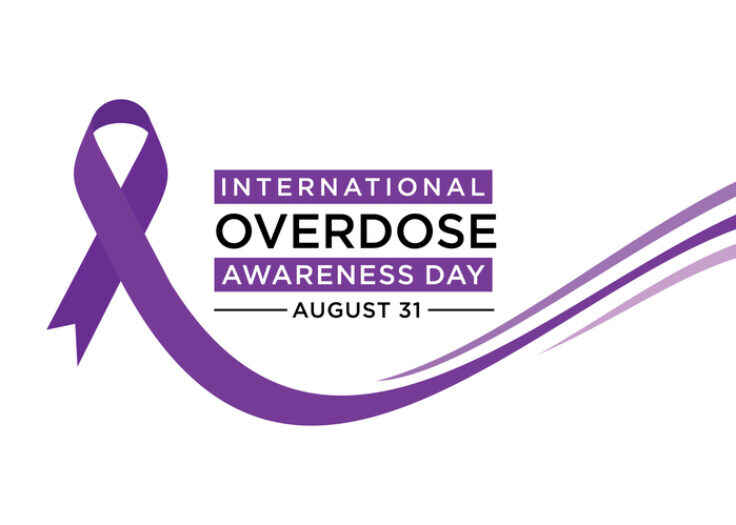Food Insecurity and Food Safety: Policy and Legislative Actions
Overview
February 20, 2025 | 12 – 1:15 p.m. CT
One of the most popular trends in state legislatures from both sides of the isle is the adoption of food freedom laws — bills that exempt retailers from food safety regulations. This enables the sale of food products at farmers’ markets, on farms, from seaside docks, or even at retail outlets that are uninspected and could cause severe foodborne outbreaks. Neither state nor local public health officials can contain, inspect, or eliminate the sale of these foods. At the same time, in the United States, about 35 percent of food produced is wasted, with more than 100 million tons of food waste generated across the retail, food service, residential, and manufacturing sectors each year. This level of food waste stands in stark contrast to the more than 80 million households that were estimated to be food insecure in the U.S. in 2023. Both the safety, and health and wellness of those living in the U.S., are threatened by these trends.
View/download materials
By attending this webinar, you will:
- Obtain an overview of the food freedom trend in the United States, which goes by many names, including cottage food laws, food sovereignty, micro-enterprise kitchens, and food freedom.
- Learn about the various food freedom policies that have been adopted.
- Hear about state legislation likely to be introduced in 2025.
- Obtain insight into existing legal and policy levers that can both reduce food waste, and address food insecurity, including incentivizing food donation and diverting edible food from landfills to dining room tables and homeless shelters.
Presenters:
- Doug Farquhar, Director of Government Affairs, National Environmental Health Association
- Katheen Hoke, Director, Network for Public Health Law-Eastern Region
Moderator:
- Katherine Schutes, Staff Attorney, Network for Public Health Law-Eastern Region



